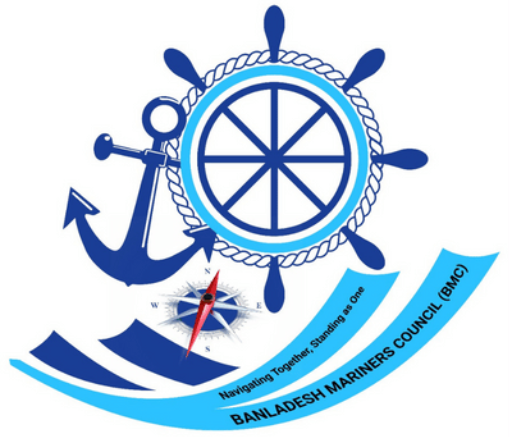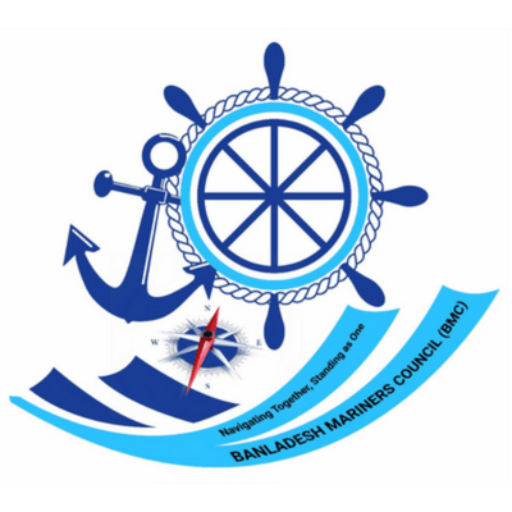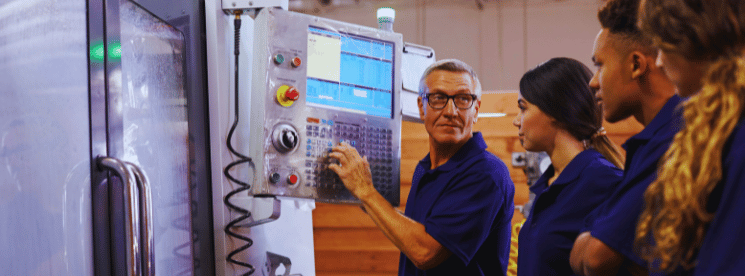The maritime industry is a dynamic and complex field that requires a highly skilled workforce to ensure safety, efficiency, and regulatory compliance. As technology evolves and new regulations come into play, the demand for advanced maritime training programs has never been greater. These enhanced training programs are designed to equip mariners with the skills and knowledge needed to navigate the challenges of modern maritime operations. In this article, we will explore the key features of enhanced maritime training programs, their benefits, and how they are shaping the future of maritime education.
The Evolution of Maritime Training Programs
Historical Perspective
Maritime training has traditionally focused on essential skills required for safe and efficient ship operations. Historically, training programs emphasized practical skills such as navigation, ship handling, and safety procedures. However, as the maritime industry has evolved, so too have the training requirements.
- Early Training Programs: Early maritime training programs primarily focused on hands-on experience and basic safety procedures.
- Technological Advancements: With the advent of new technologies, training programs began incorporating technical skills related to electronic navigation systems, communication technologies, and automated systems.
The Need for Enhanced Training
The modern maritime industry faces new challenges, including stringent regulatory requirements, environmental concerns, and technological advancements. Enhanced maritime training programs have been developed to address these challenges:
- Regulatory Compliance: New regulations require mariners to be well-versed in environmental policies, safety standards, and cybersecurity measures.
- Technological Integration: The integration of advanced technologies, such as Electronic Chart Display and Information Systems (ECDIS) and automated systems, necessitates specialized training.
- Environmental Awareness: With increasing emphasis on environmental sustainability, training programs now include modules on pollution prevention and energy efficiency.
Key Features of Enhanced Maritime Training Programs
1. Advanced Simulation Training
Simulation training has become a cornerstone of modern maritime education. It provides mariners with a realistic environment to practice and refine their skills:
- High-Fidelity Simulators: Advanced simulators replicate real-world conditions, allowing trainees to experience various scenarios such as navigation challenges, emergency response, and ship handling.
- Scenario-Based Training: Trainees engage in scenario-based exercises that simulate real-life situations, enhancing their decision-making and problem-solving skills.
Benefits:
- Realistic Experience: Trainees gain hands-on experience in a controlled environment, improving their readiness for real-world situations.
- Enhanced Learning: Simulation training helps in reinforcing theoretical knowledge through practical application.
2. Integration of Modern Technologies
The integration of modern technologies into training programs ensures that mariners are adept at using the latest tools and systems:
- Electronic Chart Display and Information Systems (ECDIS): Training programs include modules on ECDIS, which is essential for modern navigation and charting.
- Communication Technologies: Training covers advanced communication systems, including satellite communication and digital data exchange.
Benefits:
- Up-to-Date Skills: Mariners acquire skills in using the latest technologies, enhancing their operational efficiency and safety.
- Regulatory Compliance: Training ensures compliance with regulations requiring the use of modern navigational and communication systems.
3. Environmental and Sustainability Training
With increasing focus on environmental sustainability, training programs now include comprehensive modules on environmental protection:
- Pollution Prevention: Training covers techniques for preventing pollution, managing waste, and responding to oil spills and other environmental emergencies.
- Energy Efficiency: Mariners learn about energy-efficient practices and technologies to reduce fuel consumption and greenhouse gas emissions.
Benefits:
- Sustainable Practices: Mariners are equipped with the knowledge to implement sustainable practices and contribute to environmental protection.
- Regulatory Compliance: Training ensures adherence to environmental regulations and standards.
4. Safety and Emergency Response Training
Safety remains a top priority in maritime operations. Enhanced training programs emphasize safety and emergency response:
- Emergency Drills: Training includes realistic emergency drills and simulations, such as lifeboat drills, fire-fighting exercises, and medical emergency response.
- Risk Management: Mariners learn risk assessment and management techniques to handle various safety scenarios effectively.
Benefits:
- Preparedness: Mariners are better prepared to handle emergencies and ensure the safety of themselves and their crew.
- Reduced Incidents: Enhanced training helps in reducing the likelihood of accidents and improving overall safety standards.
5. Soft Skills and Leadership Development
In addition to technical skills, enhanced maritime training programs focus on developing soft skills and leadership qualities:
- Communication Skills: Training includes modules on effective communication, teamwork, and conflict resolution.
- Leadership and Management: Programs offer leadership and management training to prepare mariners for supervisory and managerial roles.
Benefits:
- Improved Team Dynamics: Enhanced communication and teamwork skills contribute to better collaboration and efficiency on board.
- Leadership Readiness: Mariners are prepared for leadership roles, enhancing their career prospects and contributing to effective ship management.
Benefits of Enhanced Maritime Training Programs
Improved Operational Efficiency
Enhanced training programs contribute to improved operational efficiency by equipping mariners with the latest skills and knowledge:
- Optimized Performance: Mariners can operate ships more efficiently, reducing fuel consumption and minimizing operational costs.
- Enhanced Problem-Solving: Advanced training improves decision-making and problem-solving abilities, leading to more effective responses to challenges.
Enhanced Safety and Compliance
Safety and compliance are paramount in the maritime industry. Enhanced training programs help in achieving higher safety standards and regulatory compliance:
- Reduced Accidents: Comprehensive safety training reduces the likelihood of accidents and incidents, ensuring safer maritime operations.
- Regulatory Adherence: Training ensures that mariners are well-versed in current regulations and standards, leading to better compliance and reduced risk of penalties.
Career Advancement Opportunities
Enhanced training programs open up new career opportunities for mariners:
- Skill Development: Advanced skills and certifications enhance career prospects and increase job opportunities in the maritime industry.
- Leadership Roles: Leadership and management training prepare mariners for higher positions and supervisory roles.
How to Choose the Right Maritime Training Program
Assessing Training Needs
When selecting a maritime training program, consider your specific needs and career goals:
- Regulatory Requirements: Ensure that the program covers the necessary regulatory requirements and certifications.
- Technology Focus: Choose a program that offers training in the latest technologies and systems relevant to your career.
Evaluating Training Providers
Select a reputable training provider with a track record of delivering high-quality maritime education:
- Accreditation: Verify that the provider is accredited by relevant maritime organizations and authorities.
- Expert Instructors: Look for programs taught by experienced instructors with real-world maritime experience.
Considering Program Format
Consider the format of the training program to ensure it fits your schedule and learning preferences:
- In-Person vs. Online: Choose between in-person and online training based on your learning style and availability.
- Flexible Scheduling: Look for programs that offer flexible scheduling options to accommodate your needs.
Conclusion
Enhanced maritime training programs are essential for equipping mariners with the skills and knowledge needed to navigate the complexities of modern maritime operations. With advancements in simulation training, technology integration, environmental awareness, safety, and leadership development, these programs are shaping the future of maritime education. By staying updated on the latest training opportunities and choosing the right programs, mariners can enhance their careers, improve operational efficiency, and contribute to a safer and more sustainable maritime industry.
Call to Action
Explore the latest maritime training programs and take the next step in advancing your career. Stay informed about new training opportunities by subscribing to our newsletter or contacting us for personalized guidance on selecting the right program for your needs.


